 |
| Puccini: Tosca - Amanda Echalaz & Morgan Pearse - Opera Holland Park, 2024 (Photo: Ali Wright) |
Puccini: Tosca; Amanda Echalaz, José de Eça, Morgan Pearse, director: Stephen Barlow, conductor: Matthew Kofi Waldren, City of London Sinfonia; Opera Holland Park
Reviewed 30 May 2024
Transposed to the student ferment of Rome in 1968, this revival breathed remarkable life into the concept and showcased a trio of strong performances for a satisfying evening in the theatre
With this year's centenary of Puccini's death, Opera Holland Park (OHP) is celebrating a composer whose works play an important part in the company's output, both the popular ones and the lesser known. In February the company performed the Messa di Gloria in concert and in July they will revive his early rarity Edgar, however the season opened with Tosca, not in a new production but in a revival of Stephen Barlow's 2008 production which transposes the setting to Rome in 1968, with the original Tosca, Amanda Echalaz, returning to the role.
We caught the second performance of Puccini's Tosca at Opera Holland Park on Thursday 30 May 2024. The production was directed by Stephen Barlow and designed by Yannis Thavoris with lighting by Tim van 't Hof, Matthew Kofi Waldren conducted the City of London Sinfonia (celebrating 20 years as OHP's house band), with Amanda Echalaz as Tosca, José de Eça as Cavaradossi, Morgan Pearse as Scarpia, Edwin Kaye as Angelotti, Ross Ramgobin as the Sacristan, Phillip Costovski as Spoleta and Alex Jones as Sciarrone. The Opera Holland Park chorus was joined by children from the Cardinal Vaughan Memorial School and the Grey Coat Hospital School.
.jpg) |
| Puccini: Tosca - José de Eça - Opera Holland Park, 2024 (Photo: Ali Wright) |
The veristic detail of Puccini's opera presents a challenge to directors, particular towards the end of Act One. The music and the libretto seem to urge naturalism and realistic detail, yet getting the religious ceremonial both liturgically correct and dramatically coherent is a conundrum that few productions seriously solve. For me, the most satisfying, realistic Tosca production remains Anthony Besch's 1980 one for Scottish Opera, that remained in the company's repertoire for 30 years [details on the Opera Scotland website]. Not so much for the 1943 setting (brilliant though that was), but for the way Besch solved the Act One challenge. The alternative, of course, is to abandon realism and that is what made Edward Dick's recent production at Opera North so satisfying [see my review].
The brilliance of Barlow's production is that in solving the challenge of staging Tosca on OHP's stage, with a single set, he sidestepped many of the issues.




.jpg)











.jpg)

.jpg)
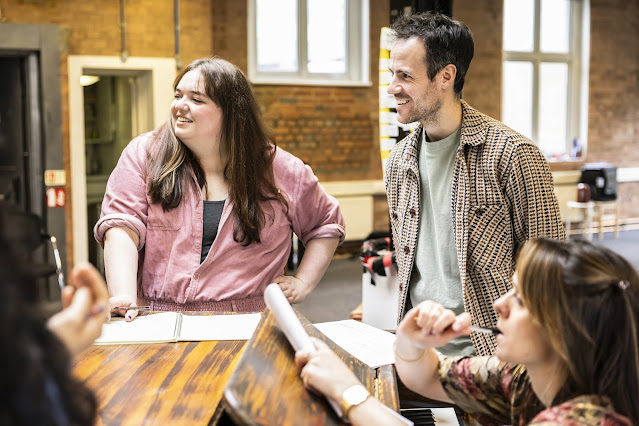
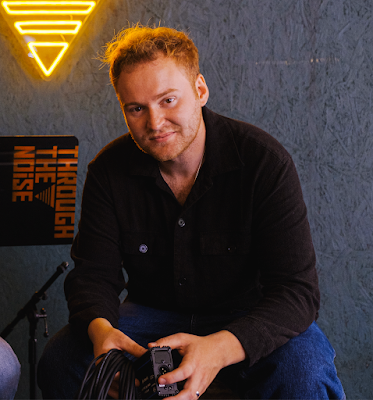
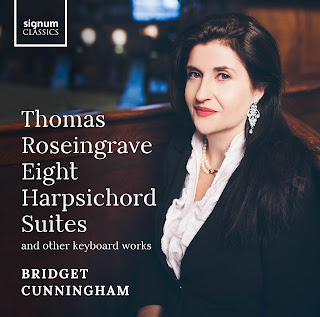
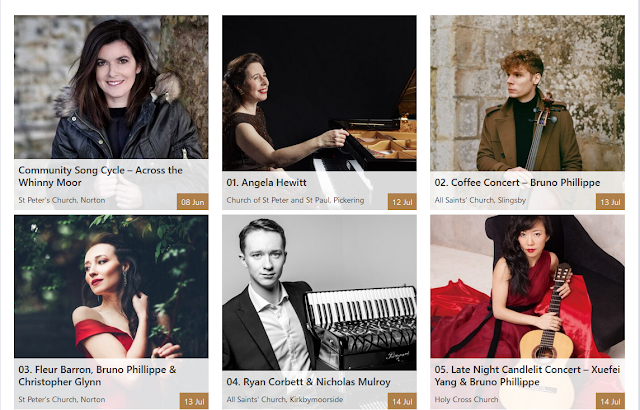
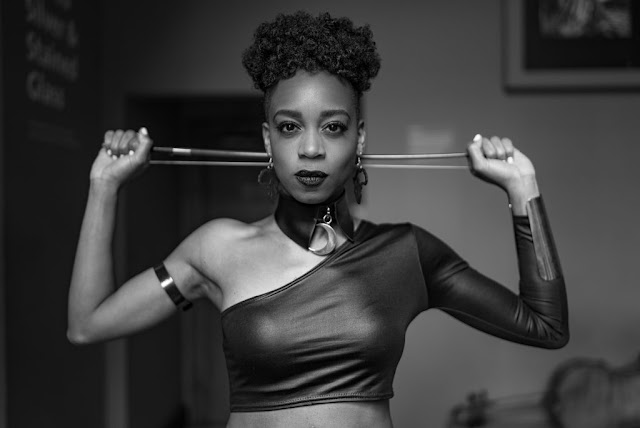
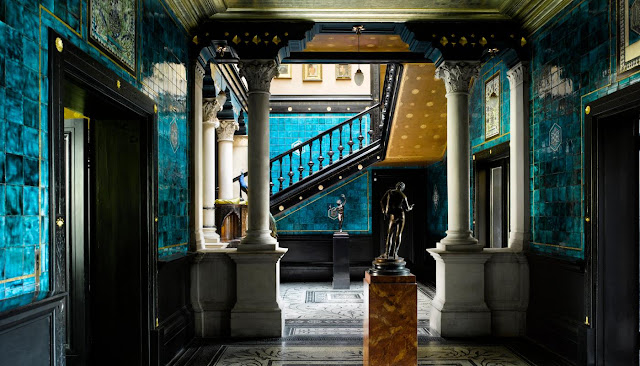
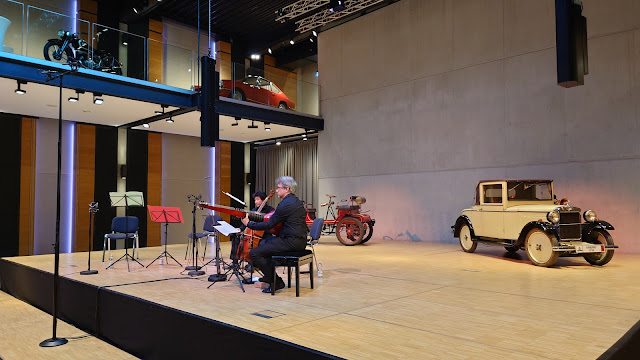
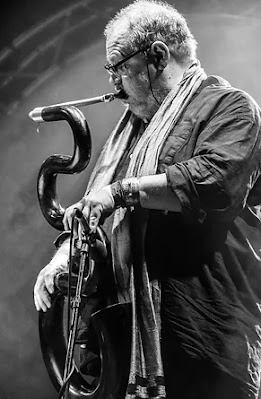
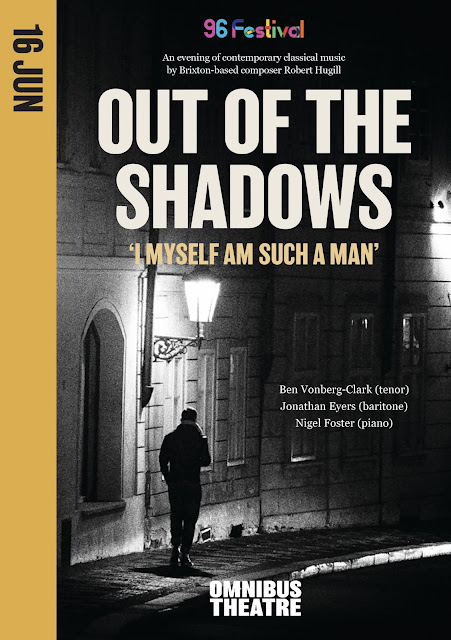
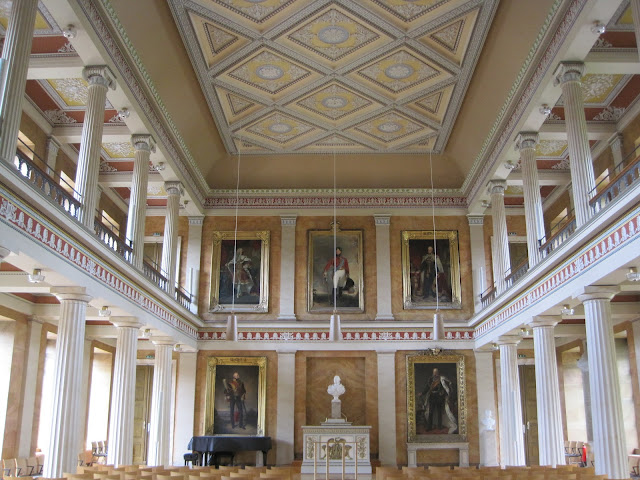

%20Ali%20Wright.jpg)

%20Ali%20Wright.jpg)





